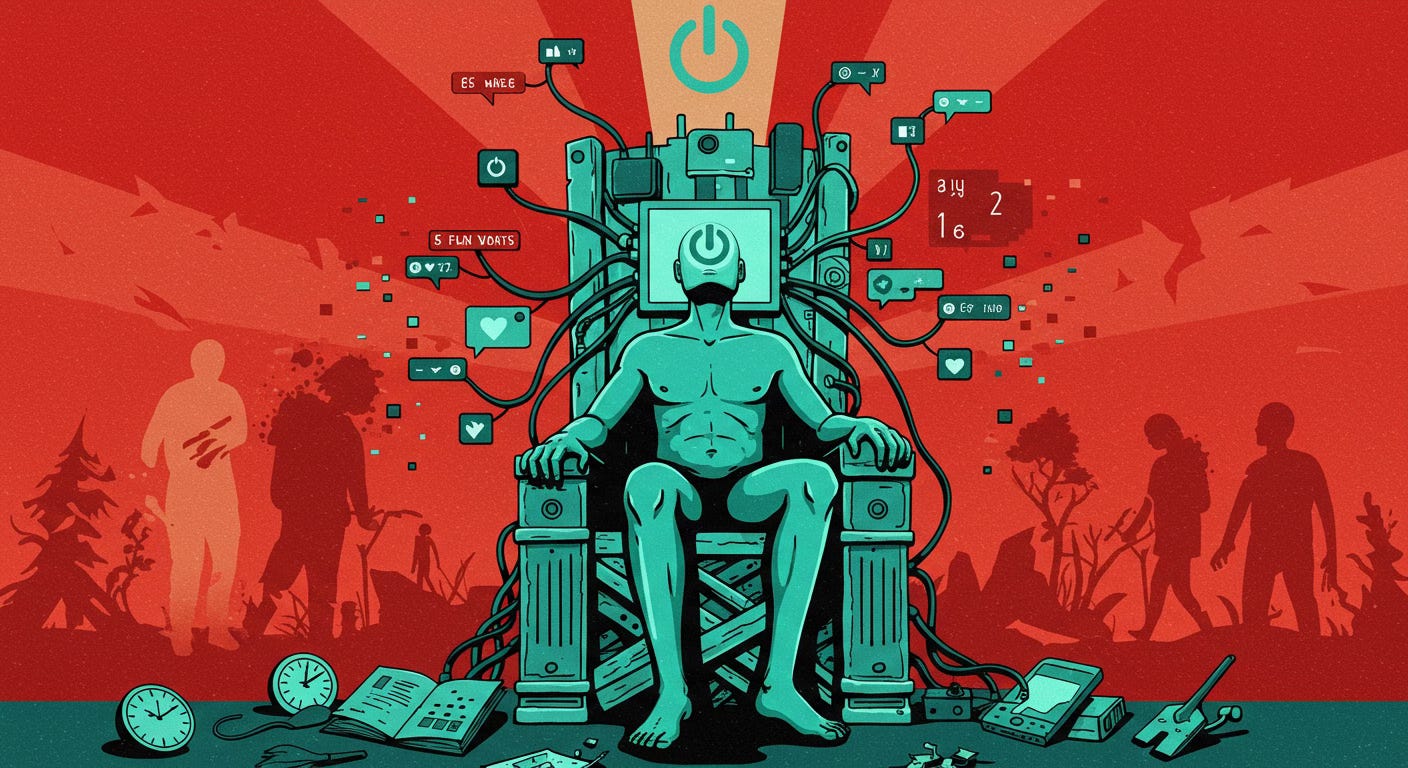There was a time when silence was fertile. Boredom, once a gateway to reflection, was tolerated—even welcomed. But in today’s world, every pause is quickly patched with a screen. In line at the grocery store, waiting for a friend, between two thoughts—we reach for our phones. The gesture is automatic, almost invisible, as though it were part of our anatomy. We are not simply filling time. We are fleeing something: discomfort, awkwardness, slowness. In ghosting boredom, we ghost reality itself.
Each scroll is an escape—a silent one, but systematic. We swipe through fragments of other people’s lives, repackaged joy, algorithmic laughter. But this endless stream is not benign; it trains our minds to expect stimulation at every turn. The slightest stillness now provokes withdrawal. Reality, in all its grainy, slow-moving texture, becomes too unfiltered to bear. And so we replace it with glossy alternatives, hypnotic reels, and curated noise.
But what are we forfeiting when we ghost the present moment? We trade presence for passivity, curiosity for consumption. We grow comfortable with fragmentation, addicted to momentum without direction. Our days stretch long, but our experiences grow thin. Life becomes a highlight reel of other people’s moments while our own fade into algorithmic oblivion. We are alive, but increasingly less present.
Scrolling offers the illusion of connection, but it severs us from immediacy. We forget how to endure an empty room, a silent bus ride, a thought that doesn’t end in an answer. Discomfort becomes a signal not to explore, but to exit. And what we avoid most is not the boredom itself, but the uncomfortable truths boredom often reveals. It’s in these gaps—the very moments we rush to fill—that our interior voices once spoke loudest.
Keep reading with a 7-day free trial
Subscribe to Badis Tabarki to keep reading this post and get 7 days of free access to the full post archives.

